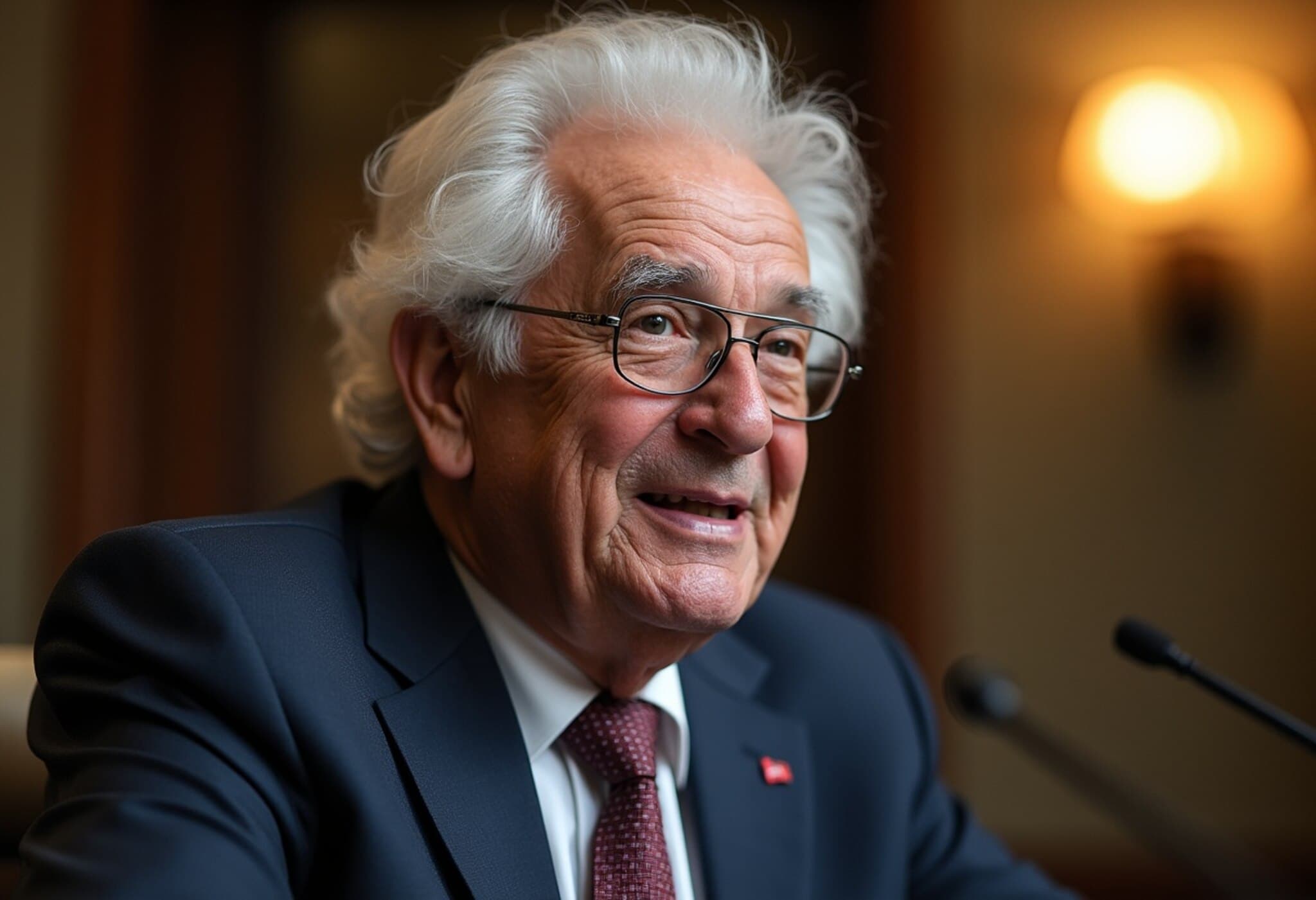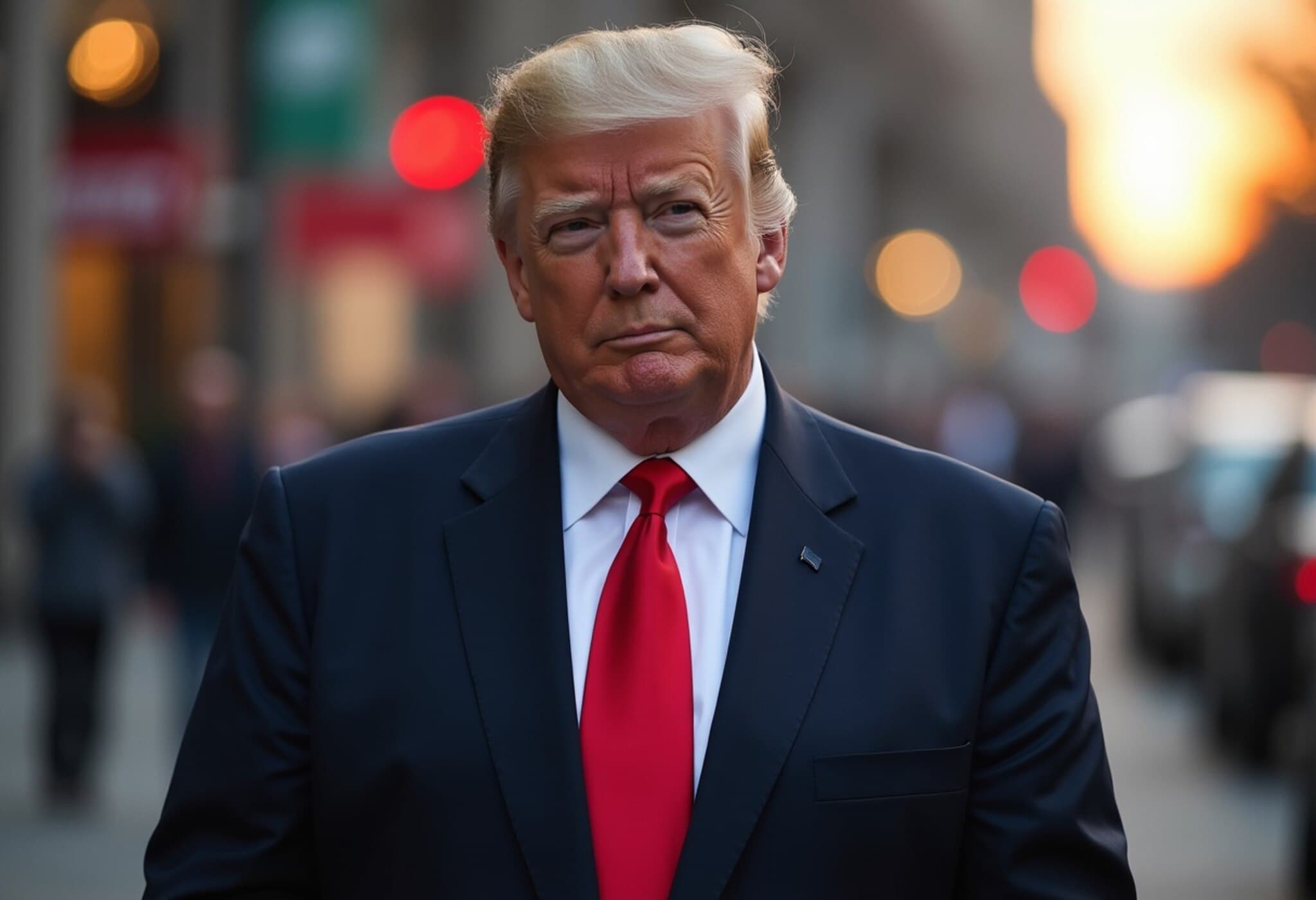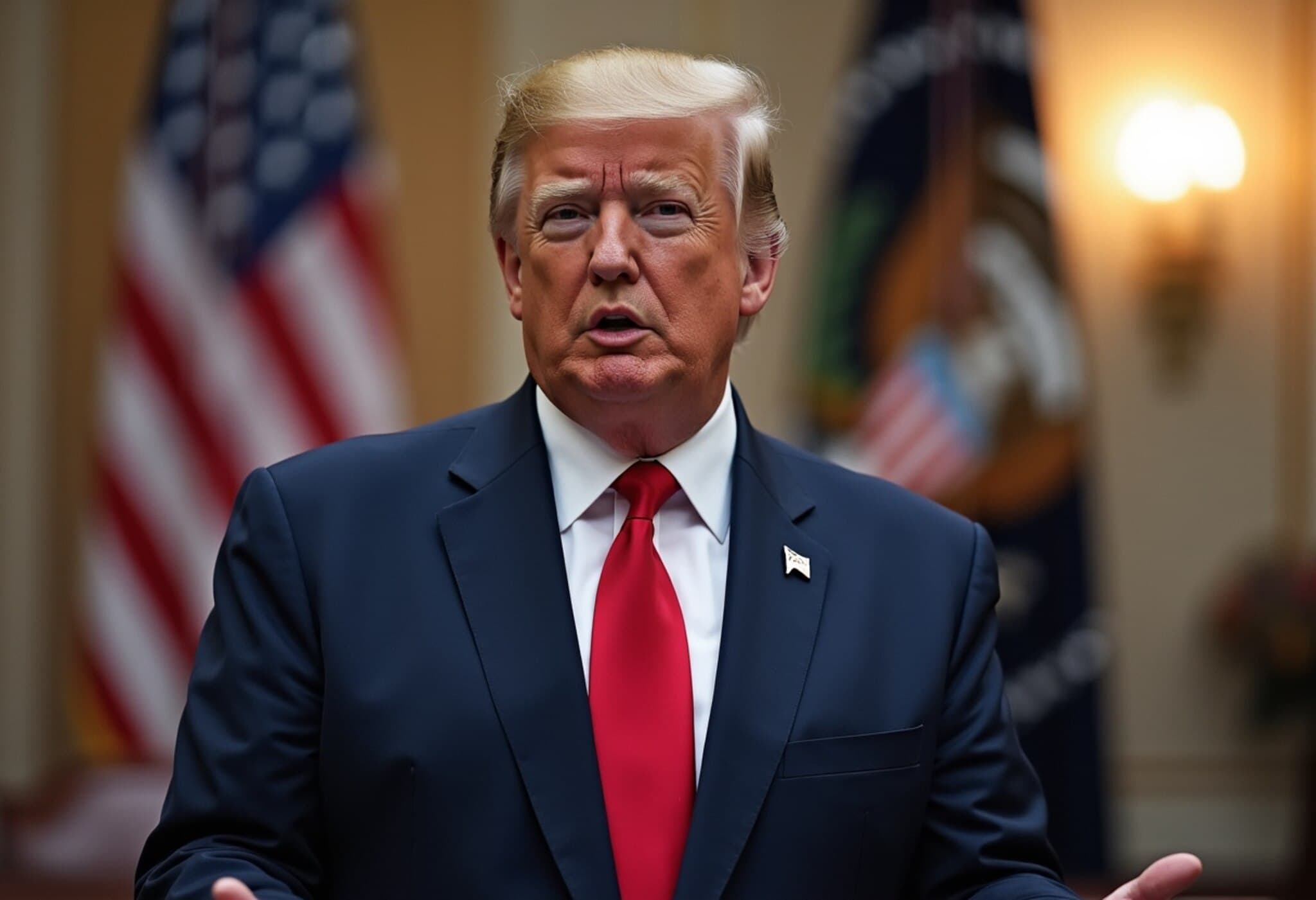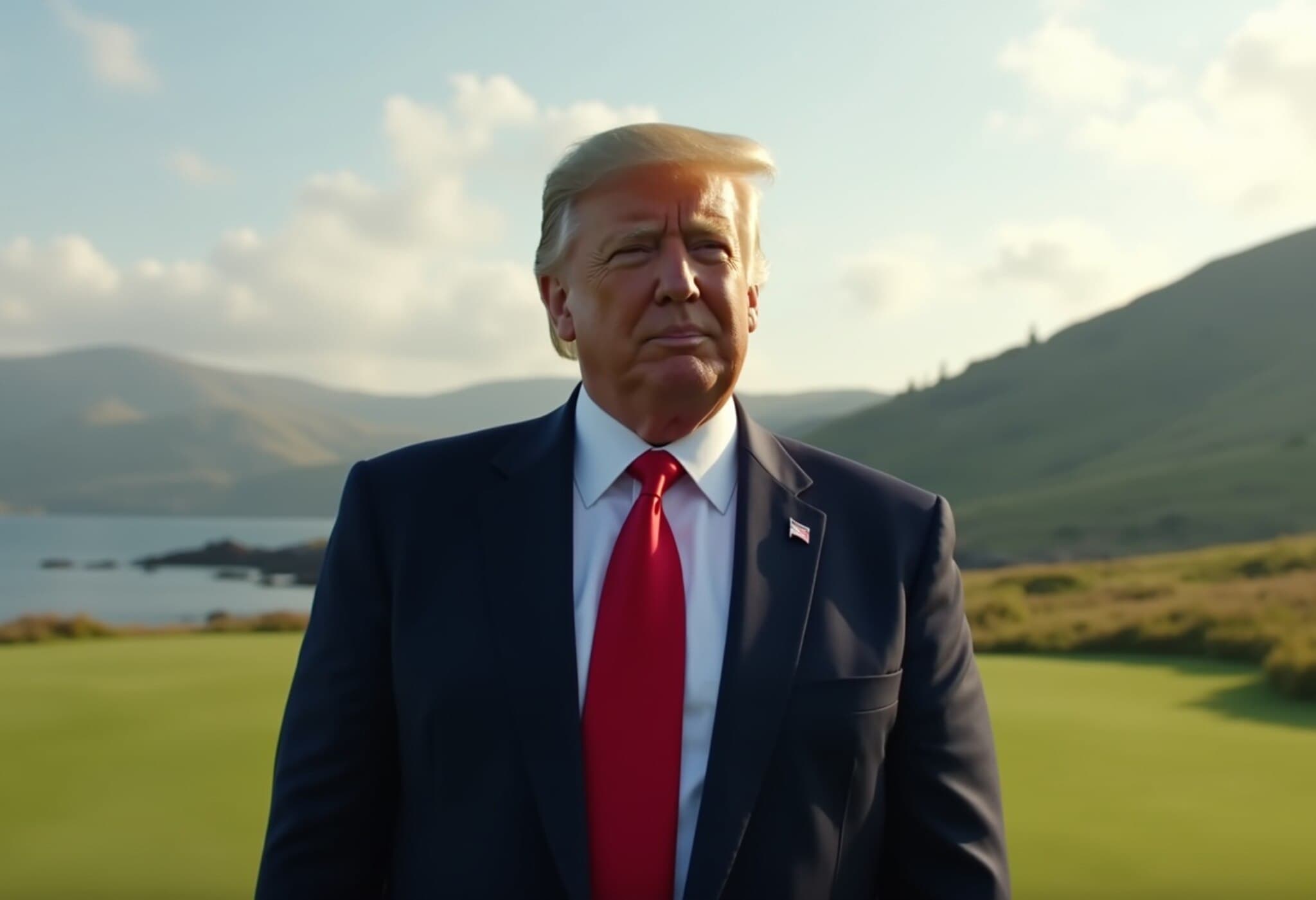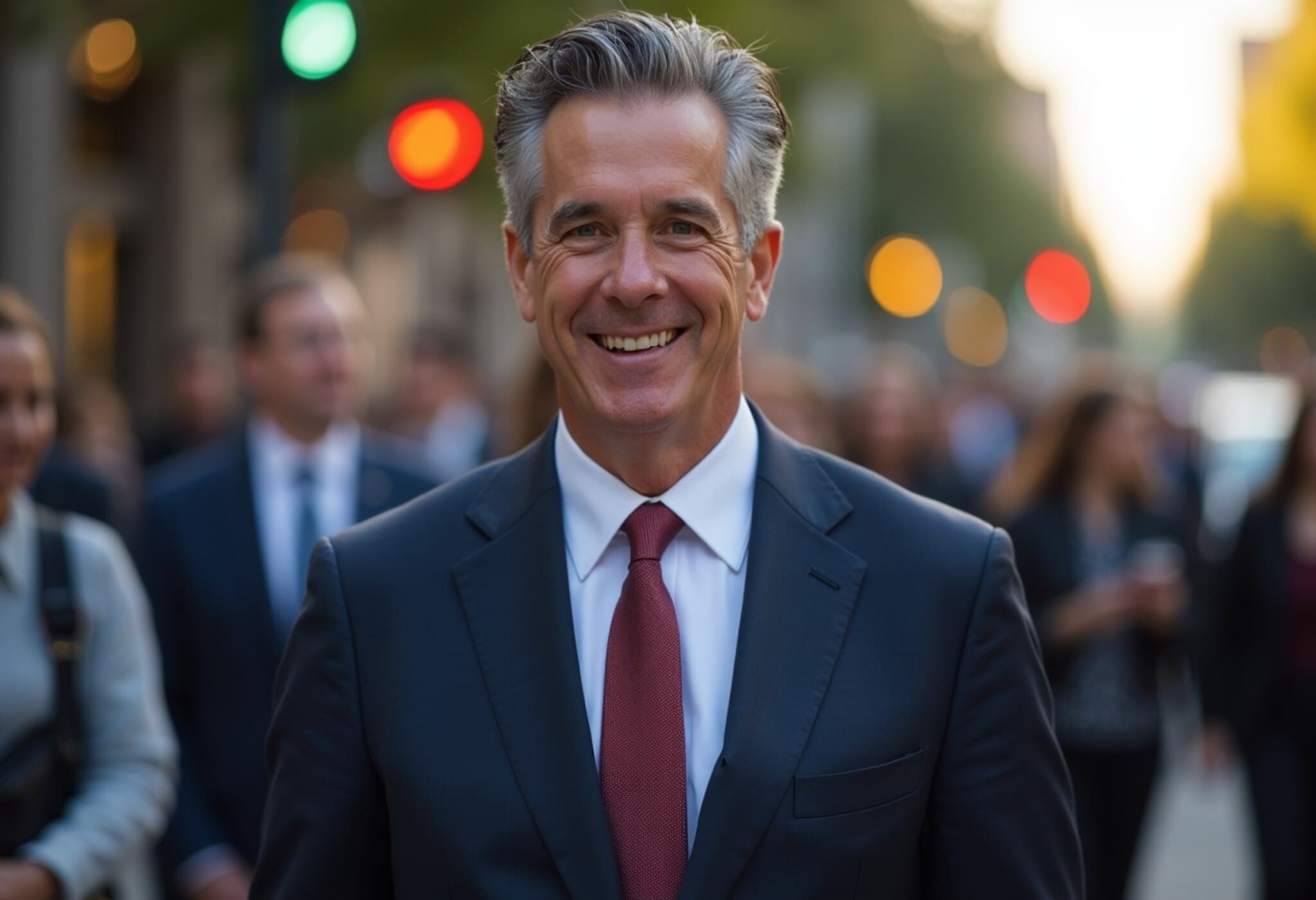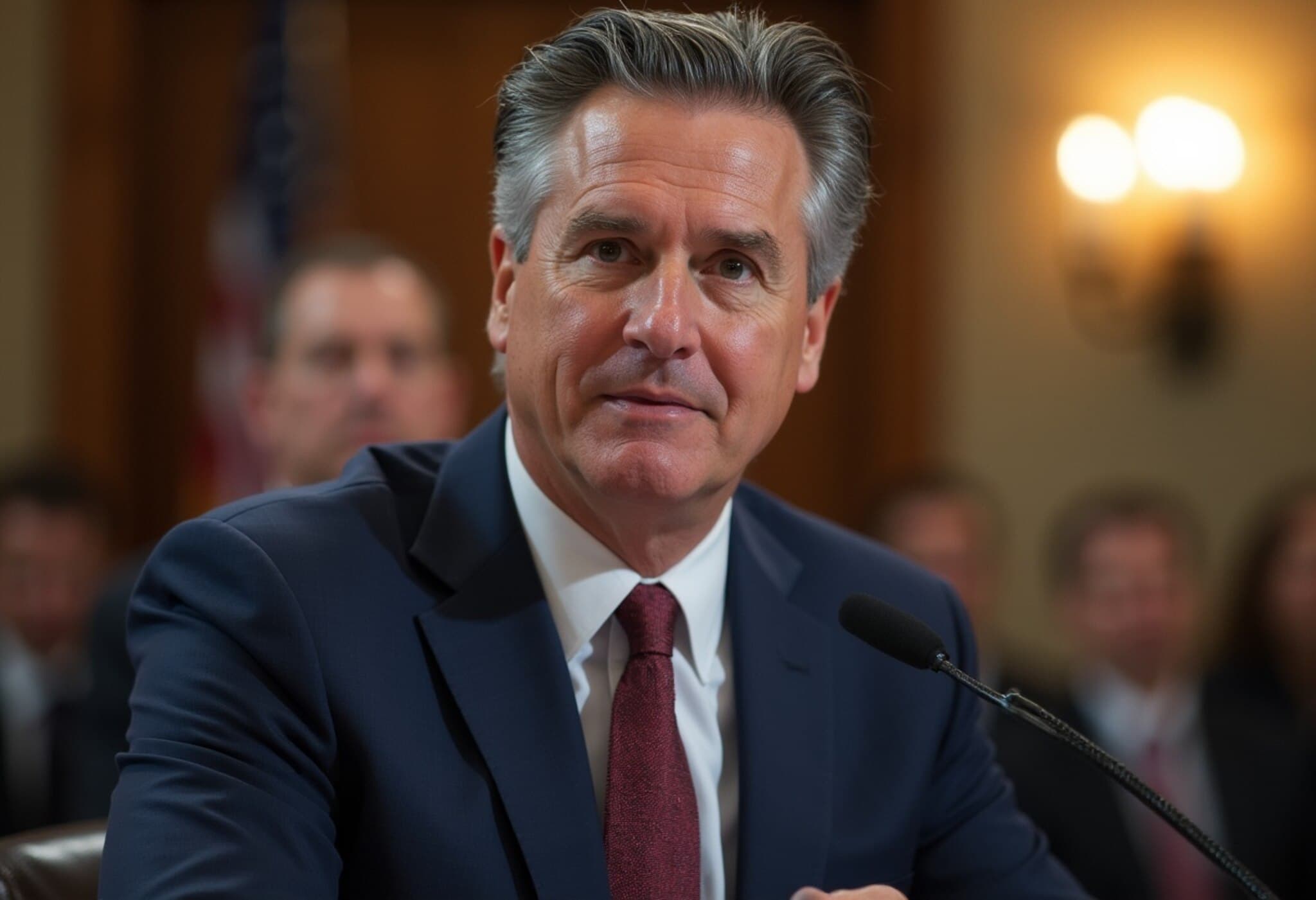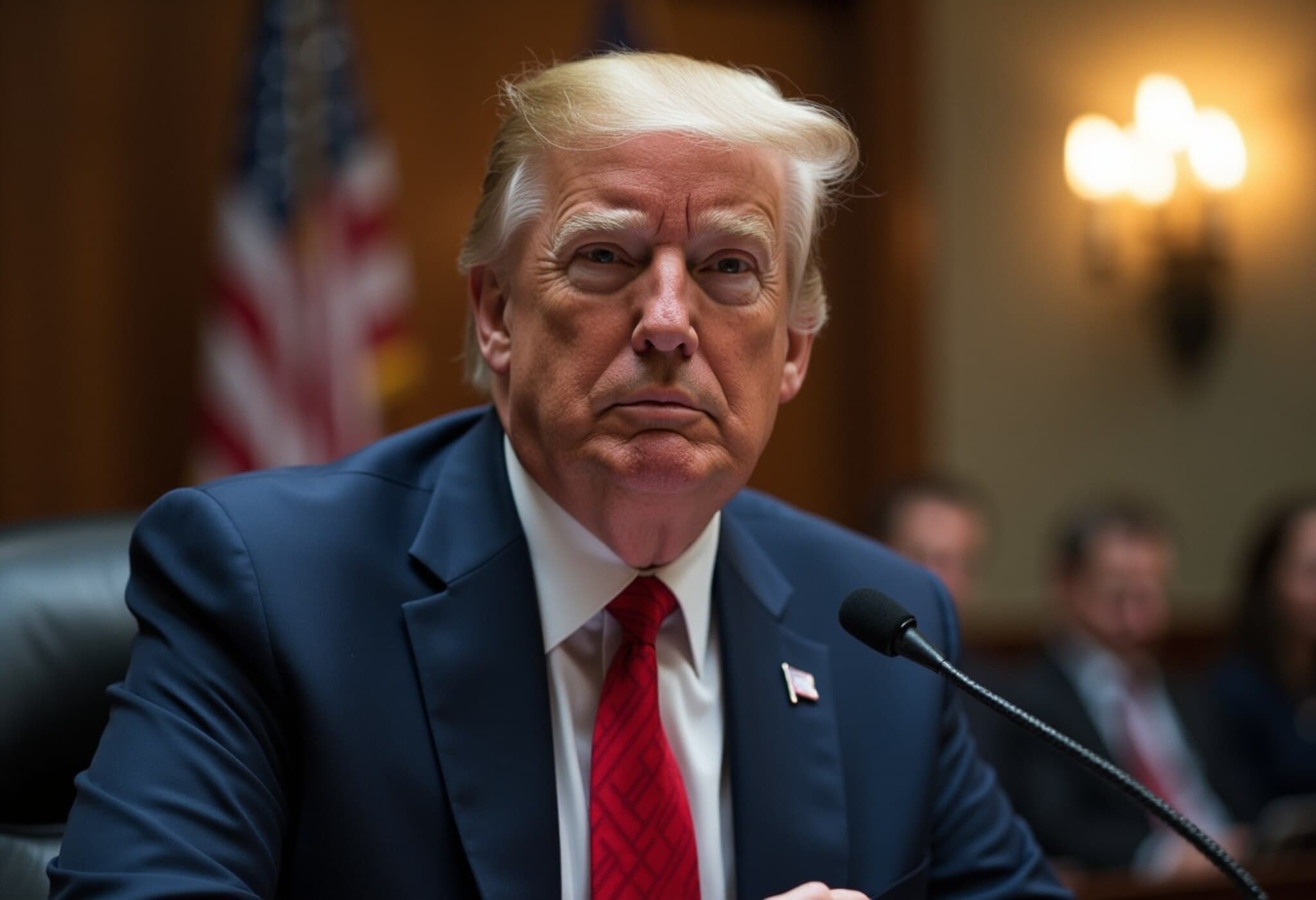Prominent Anti-Khalistan Activist's Sudden Death Raises Questions
The unexpected passing of Sukhi Chahal, a US-based businessman and vocal critic of Khalistani separatism, has unsettled communities both in the United States and India. Known for his steadfast opposition to Khalistani extremism, Chahal's death in California on July 31 comes just weeks before a pivotal Khalistan Referendum event scheduled for August 17 in Washington D.C., which he had been actively campaigning against.
Sukhi Chahal: A Strong Voice Against Extremism
Chahal was the founder and CEO of The Khalsa Today, an influential platform skeptical of Khalistani separatism abroad. His advocacy included urging the Indian diaspora and immigrants to adhere to the rule of law and reject violent or unlawful actions linked to separatist causes.
In his recent social media posts, Chahal emphasized the importance of legal compliance, reminding followers that "the United States is a society of law and order," warning that criminal acts could lead to visa revocation and bans on re-entry.
The Suspicious Circumstances of His Passing
Details about the incident remain limited but concerning. Close friend Jaspal Singh recounted that after attending a dinner at an acquaintance’s residence, Chahal's health suddenly deteriorated, and he passed away almost immediately. Witnesses noted that he appeared to be in good health prior to this rapid decline.
This abrupt loss has sparked speculation, especially given Chahal's history of receiving threatening messages from pro-Khalistan groups. Authorities in California are conducting thorough investigations, including an autopsy to clarify the cause of death. No official cause has yet been released.
Khalistan Movement and Its Global Complexity
The Khalistan separatist movement seeks to establish an independent Sikh homeland, a topic that remains deeply sensitive and divisive, especially in India. The Indian government considers activities linked to the movement as terrorism and has banned it domestically. Yet, organizations supporting Khalistan continue to operate openly in countries with significant Sikh diasporas like Canada, the UK, and the United States, often creating tense political dynamics.
Chahal’s work reflected the broader challenges posed by this transnational activism. His vocal opposition symbolized a faction within the diaspora advocating for peace and integration rather than separatism.
Broader Implications and Underreported Concerns
- Security of Activists Abroad: Chahal’s death highlights the precarious situation for activists confronting extremist ideologies overseas, drawing attention to potential threats faced beyond domestic borders.
- Law Enforcement and Diaspora Relations: It calls for greater collaboration between US law enforcement and Indian authorities to monitor and mitigate risks arising from such ideological conflicts.
- The Role of Social Media: Platforms have become battlegrounds for these debates, raising questions about online harassment, misinformation, and incitement.
As the Khalistan Referendum event approaches, Chahal’s death undoubtedly casts a shadow of uncertainty and concern, underscoring the need for transparency and security measures to ensure civic discourse and lawful activism remain protected.
Editor's Note
The mysterious death of Sukhi Chahal raises pressing questions about the safety of outspoken activists in a highly polarized diaspora environment. This incident invites reflection on how democratic societies protect free speech while safeguarding individuals from intimidation and violence. It also calls attention to the complex geopolitical tensions that transcend national borders, demanding nuanced policy approaches and community dialogue. As investigations continue, readers should consider the broader implications of activism, extremism, and the pursuit of justice in a globalized world.





